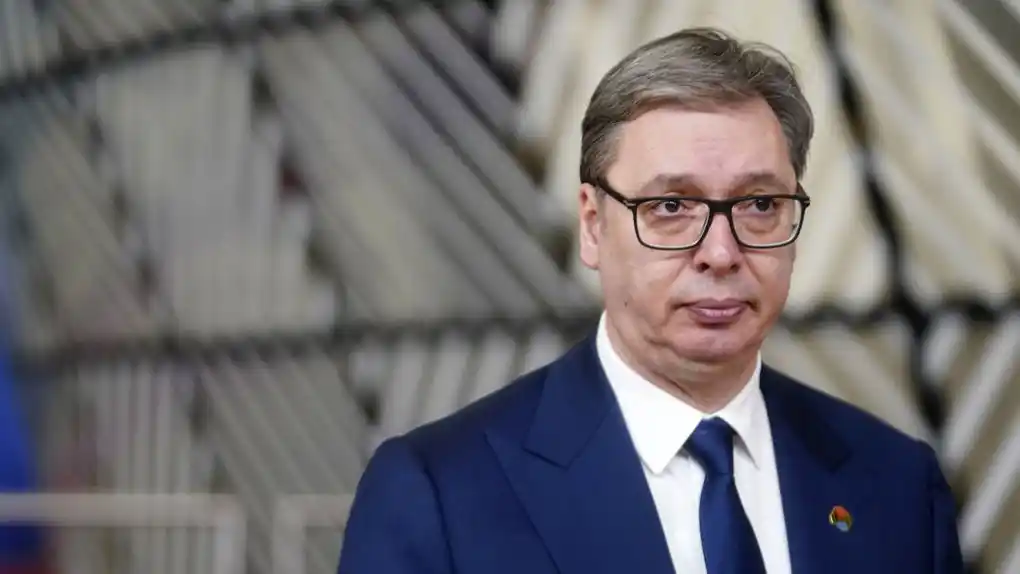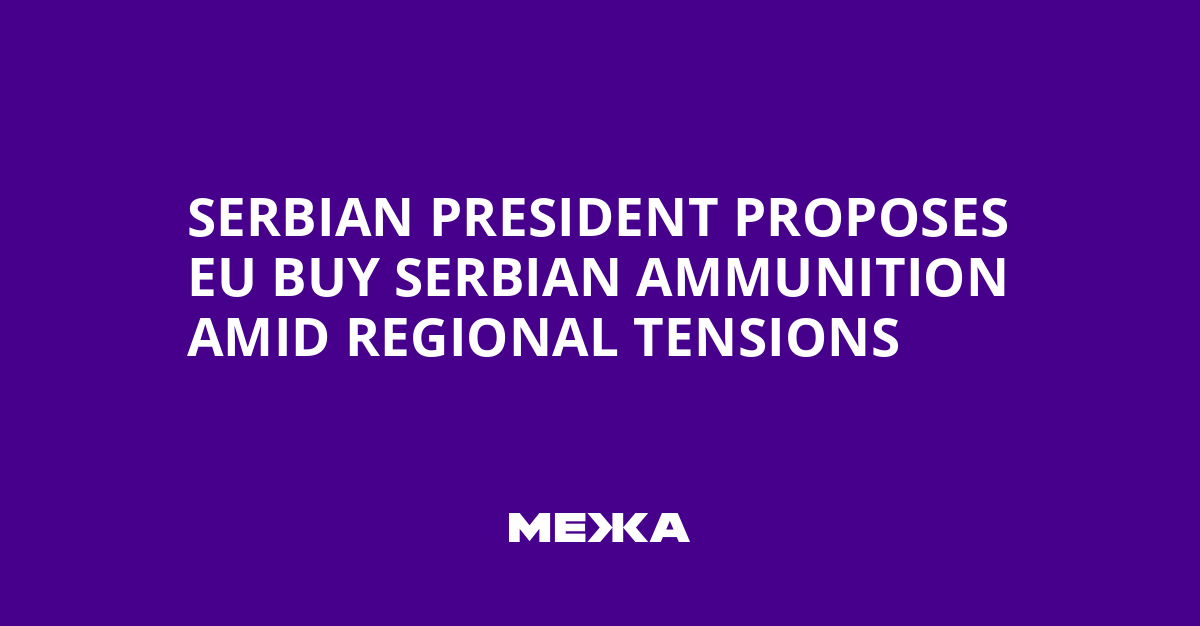
Serbia’s President Aleksandar Vučić speaks to journalists ahead of the EU-Western Balkans summit in Brussels, Belgium, on December 18, 2024.
Getty Images/Pier Marco Tacca
President of Serbia Aleksandar Vučić proposed that the European Union buy Serbian ammunition, including shells, which could potentially be used in Ukraine. He voiced this position during an interview with the German publication Cicero.
According to Vučić, Serbia produces more ammunition than France, and the Serbian stockpiles are “overflowing with ammunition”; the country continues to resume production of shells, including mortar rounds.
The essence of the proposal and Vučić’s statements
I don’t want to be seen as someone who constantly supplies ammunition to the sides at war, but ammunition is needed in Europe. Therefore I proposed to our friends in the EU to sign a purchase agreement with us and take everything we have
– Cicero
He is currently awaiting a final response from European partners regarding such a proposal. In response to a clarifying question about whether these munitions could be used in Ukraine, Vučić said: “Purchasers may do with them whatever they wish. All we need is a long-term contract so that we can plan.”
Purchasers may do with them whatever they wish. All we need is a long-term contract so that we can plan
– Cicero
Context of Serbia’s neutrality and regional considerations
The president emphasized that Serbia maintains military neutrality, condemns Russia’s attack on Ukraine, and aspires to join the EU. At the same time, he noted there are reasons to support contacts with Russia, notably on gas issues and Russia’s non-recognition of Kosovo as a separate state. Earlier, Serbia’s Foreign Minister Marko Đurić stated that Belgrade could serve as a platform for peace talks between Ukraine and Russia. He stressed that the war must be stopped immediately, and Belgrade supports the territorial integrity and sovereignty of all states within their borders recognized by the UN, including Ukraine.
These events remain a subject of discussion among European partners, and Belgrade’s position continues to shape itself within the context of its peace and regional stability strategies. At the same time, there is no official EU response yet to Serbia’s proposal, but discussions are ongoing in the context of efforts to develop relations and uphold international norms.
